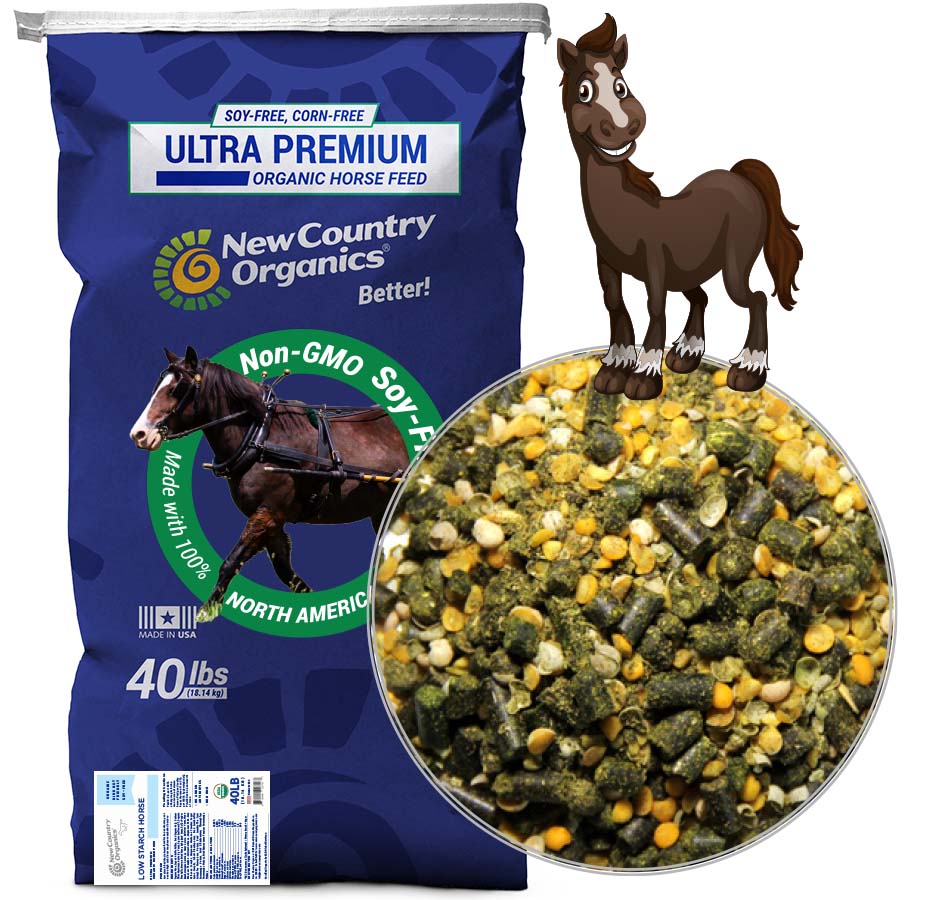Feed Analysis Interpretation for Your Horse
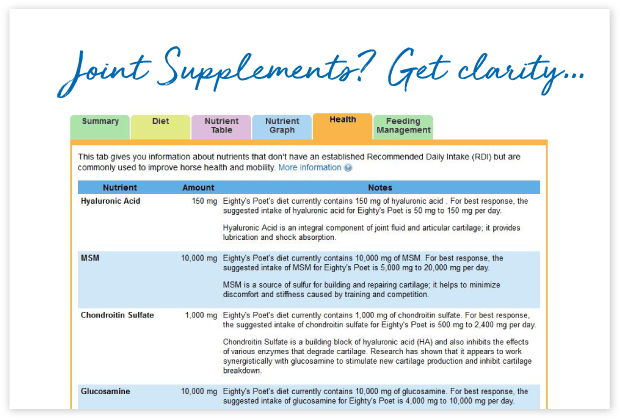
Understanding the nutritional content of your horse’s feed is crucial for maintaining optimal health, performance, and well-being. Feed analysis provides detailed information about the components of the feed, helping you make informed decisions about your horse’s diet.
What is Feed Analysis?
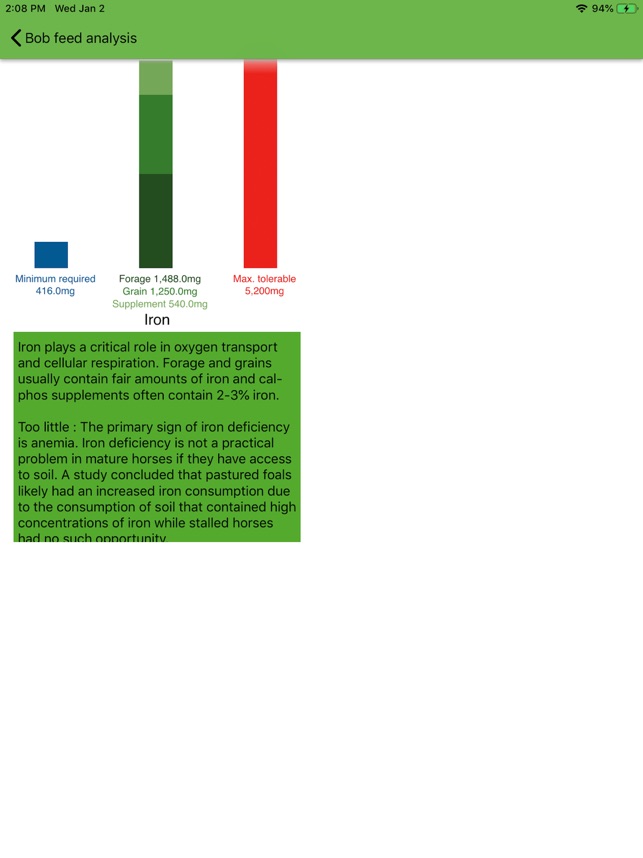
Feed analysis is the process of testing and evaluating the nutritional content of horse feed. This includes measuring the levels of moisture, protein, fiber, fat, vitamins, and minerals. The results help identify the feed’s quality and suitability for your horse’s specific needs.
Key Components of Feed Analysis
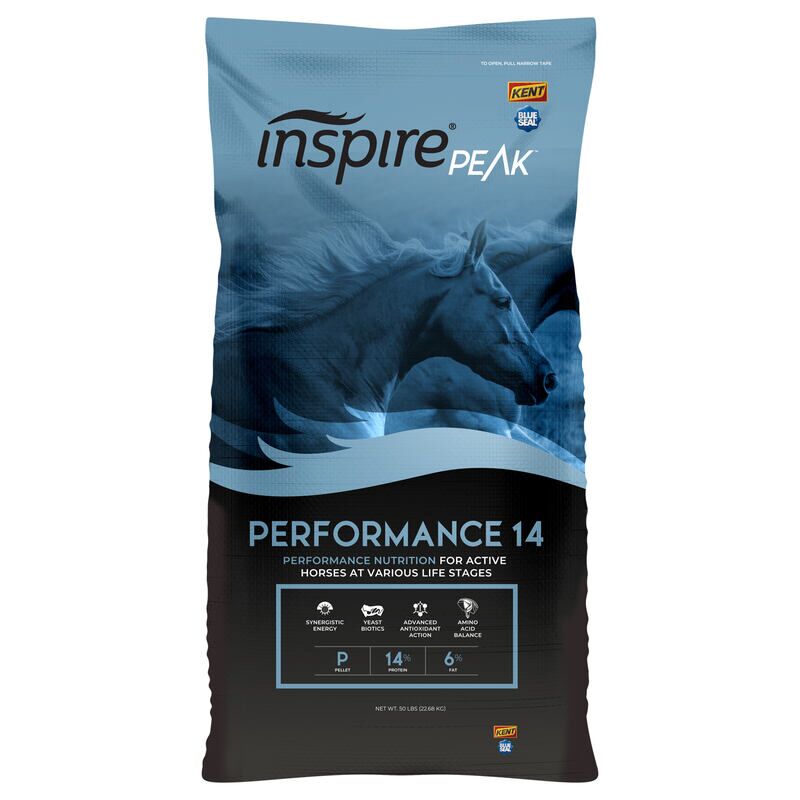
| Component | Description | Importance for Horses |
|---|---|---|
| Moisture | The water content in the feed. | Affects feed preservation and nutrient concentration. |
| Crude Protein | Total protein content, including essential amino acids. | Vital for muscle development and repair. |
| Fiber (ADF/NDF) | Acid Detergent Fiber and Neutral Detergent Fiber indicate digestibility. | Important for gut health and digestion. |
| Fat | Energy-dense nutrient source. | Provides concentrated energy. |
| Vitamins & Minerals | Essential micronutrients like calcium, phosphorus, and vitamin A. | Support metabolic functions and bone health. |
How to Interpret Feed Analysis Results
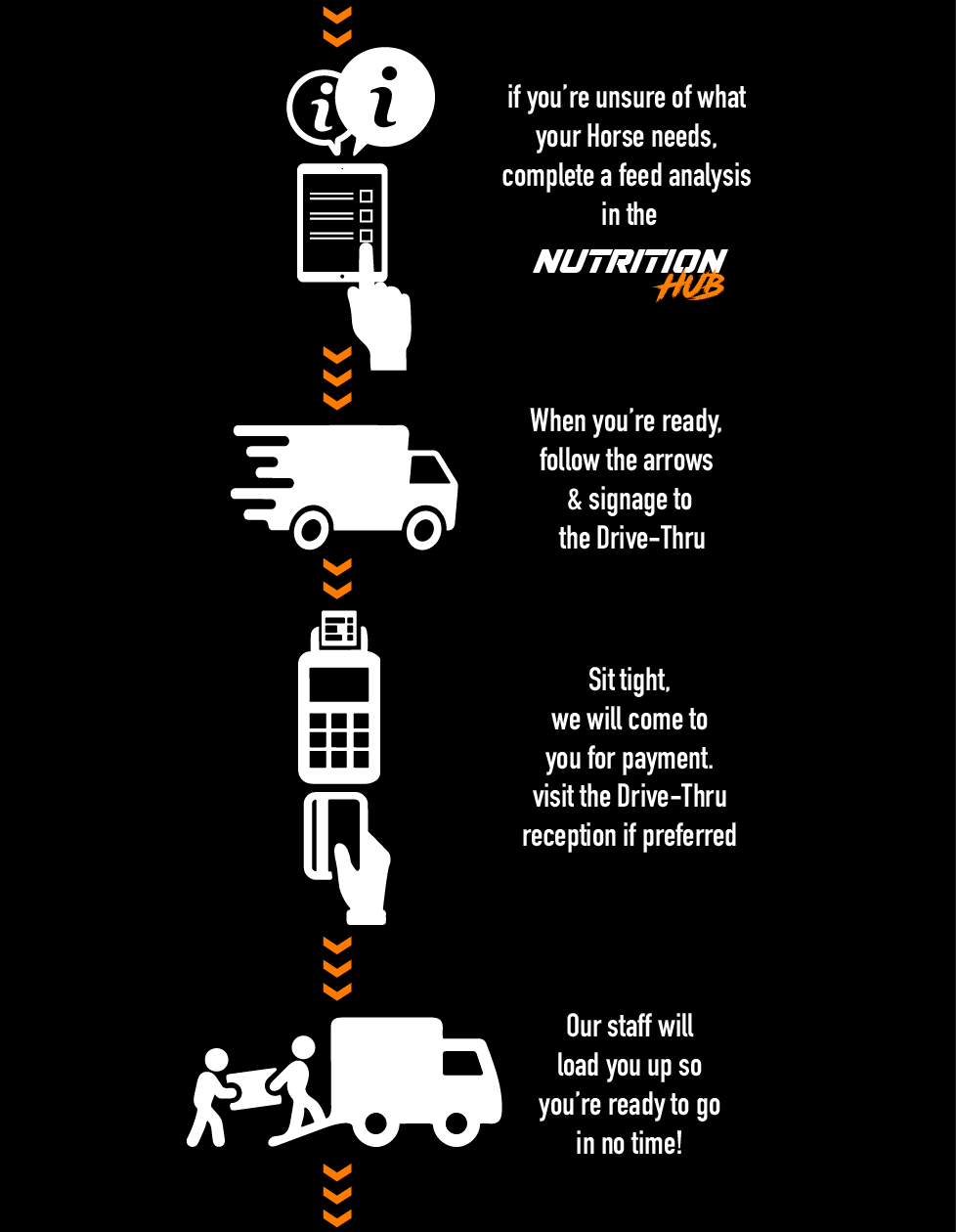
- Compare with Nutritional Requirements: Match the feed’s nutrient levels with your horse’s age, workload, and health status.
- Identify Deficiencies or Excesses: Look for nutrients that are too low or too high, which can affect health.
- Adjust the Diet Accordingly: Use supplements or alternative feeds to balance the diet.
Practical Tips for Using Feed Analysis
- Regularly test your hay and grain to monitor quality.
- Consult with an equine nutritionist for personalized advice.
- Keep records of feed analysis results to track changes over time.
FAQ
Q1: How often should I test my horse’s feed?
A: Ideally, test hay and grain at least once a year or when you notice changes in your horse’s condition.
Q2: Can feed analysis prevent health problems?
A: Yes, by ensuring balanced nutrition, feed analysis helps prevent issues like colic, laminitis, and nutrient deficiencies.
Q3: What if my feed has low protein?
A: You may need to supplement with higher-protein feeds or concentrates to meet your horse’s needs.
Q4: Is fiber important in a horse’s diet?
A: Absolutely, fiber is essential for proper digestion and maintaining a healthy gut.
By understanding and interpreting feed analysis, you can tailor your horse’s diet to promote health, performance, and longevity. Regular monitoring and adjustments based on feed analysis results are key to successful equine nutrition management.
